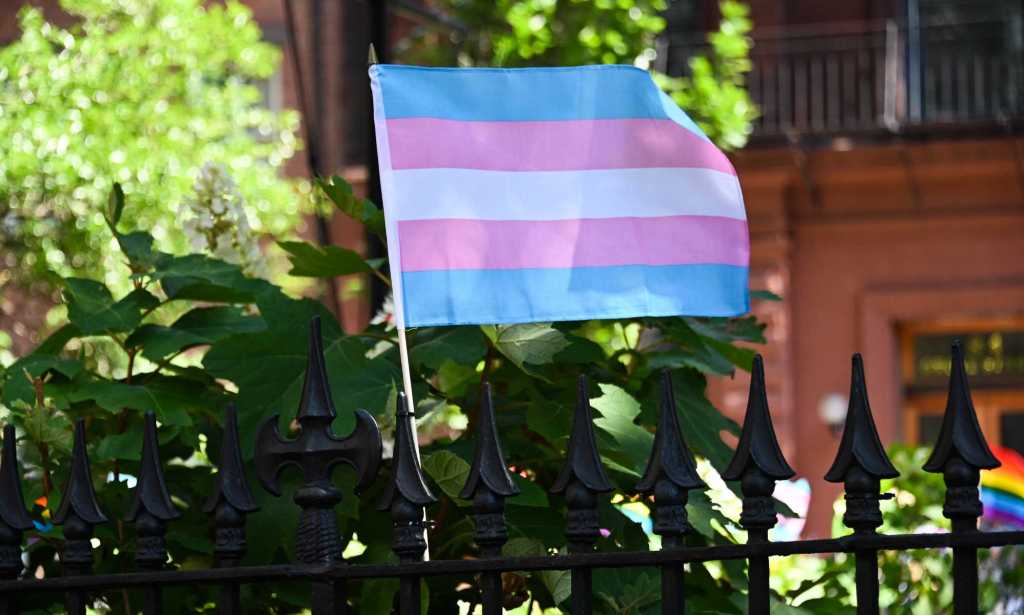Alaska sports association ban trans girls from female sports teams

Alaska has placed further restrictions on trans girls in sport. (Artur Widak/NurPhoto via Getty)
Alaska has agreed to ban transgender girls from participating in girls’ high school sports teams, in compliance with the Board of Education’s anti-trans policy.
The board that governs Alaskan high school sports – the Alaska School Activities Association (ASAA) voted 5-3 in favour of the ban on Monday (9 October).
This change, which takes effect immediately, will limit participation in girls’ sports to students who were “assigned female at birth.”

The ASAA’s by-laws now read: ”If a separate high school athletics team is established for female students, participation shall be limited to females who were assigned female at birth.
“Whenever a school has separate divisions based on sex, one team shall be limited to females who were assigned female at birth. The other team shall open to both females and males. However, a female is ineligible to compete on both teams during the same school year.”
If schools opt to declare sports teams as coed and bypass this rule, they may not have a second team in the same sport.
“Any school declaring a coed team may not compete in any district, regional or state competition in the division limited to females who were assigned female at birth,” the ban reads.
The decision to amend the ASAA’s by-laws was recommended by Executive Director Billy Strickland, who pointed out that it would bring the ASAA in line with the Board of Education’s already-existing ban on trans athletes in high school sports.
“We don’t want to see sports come to a scratching halt while this probably works its way through the court system,” Strickland said, per Alaska Public Media.
Alaska’s Board of Education voted unanimously to limit trans girls’s participation in sports last month, despite receiving over 1,400 pages and listening to hours of public testimony – mostly against the ban.

While those against the ban argued that it could discriminate against athletes based on their gender identity would discourage participation in sports and impact students’ mental health, those in favour claimed that the ban would ensure competitions remained fair and safe.
“From a safety standpoint, we haven’t seen that yet,” said Strickland. “From a competitive standpoint, you could make the argument that, you know, the student displaced other kids off the podium.”
Strickland went on to note that, to his knowledge, only one transgender athlete had ever competed in an ASAA-sanctioned championship event, in which they came second place.
Reacting to the ASAA’s decision, Anchorage School District voiced their disappointment and promised to review the decision and the impacts it would have on their students.
Margo Bellamy, president of the Anchorage School Board said in a statement: “There is no historical record in the state of Alaska that provides any data to suggest that Trans-girl athletes pose a widespread threat, unfair competitive circumstances or risk to student safety.
“AASA should not be setting policy or interfering with local ordinances or local district policies.
“This Bylaw change will cause school districts to discriminate based on gender/sex and force districts to either comply, with unreasonable and harmful requirements or seek alternatives for noncompliance.”
At the time of writing, 23 US states have passed laws to ban transgender students from taking part in sports that align with their gender identity, according to the Movement Advancement Project.
Other states, like Alaska, have imposed similar bans at an institutional level.
Meanwhile, lawmakers across the US are working through an ever-growing list of proposed laws to further restrict transgender rights.

